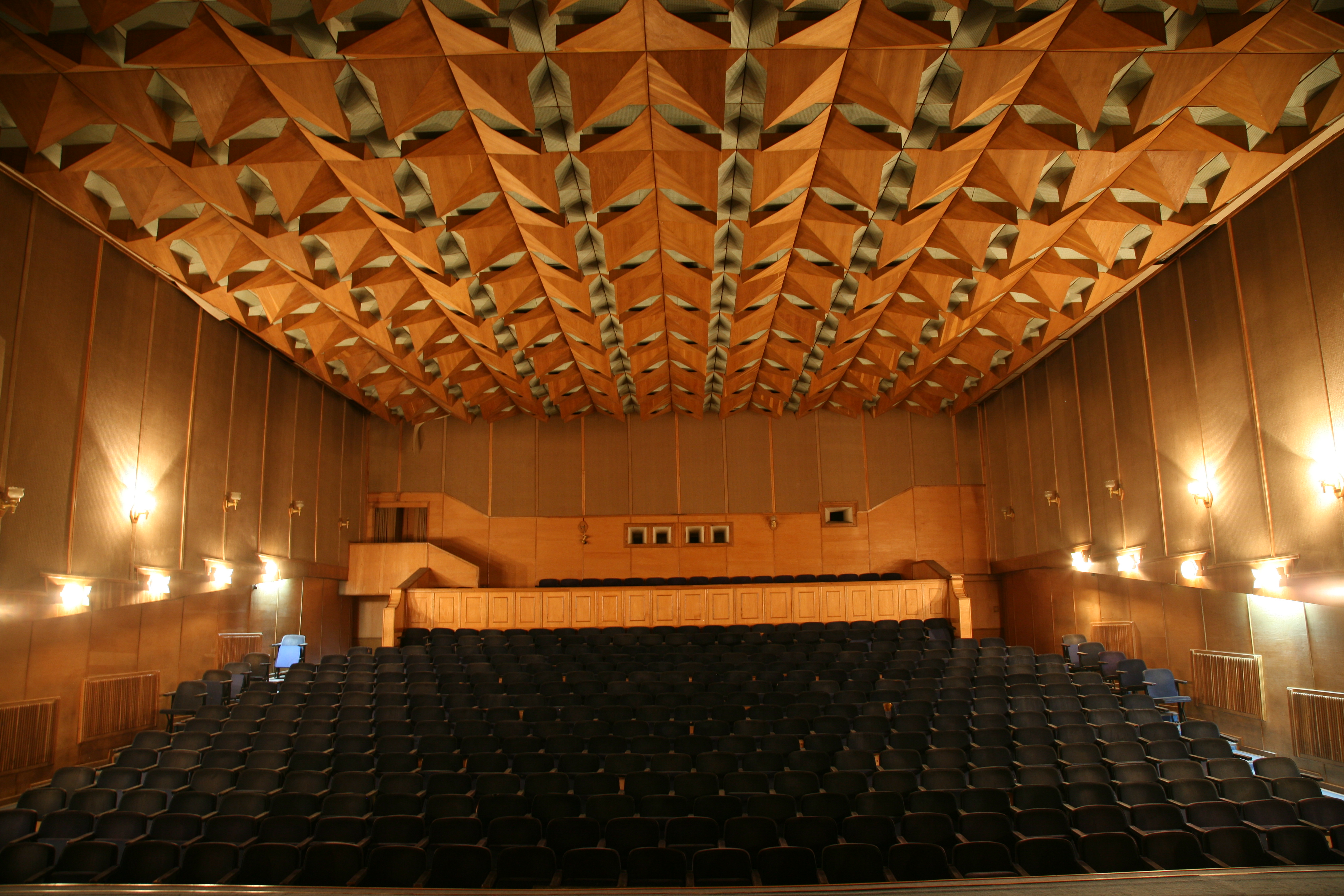Just Another Brick in the Wall
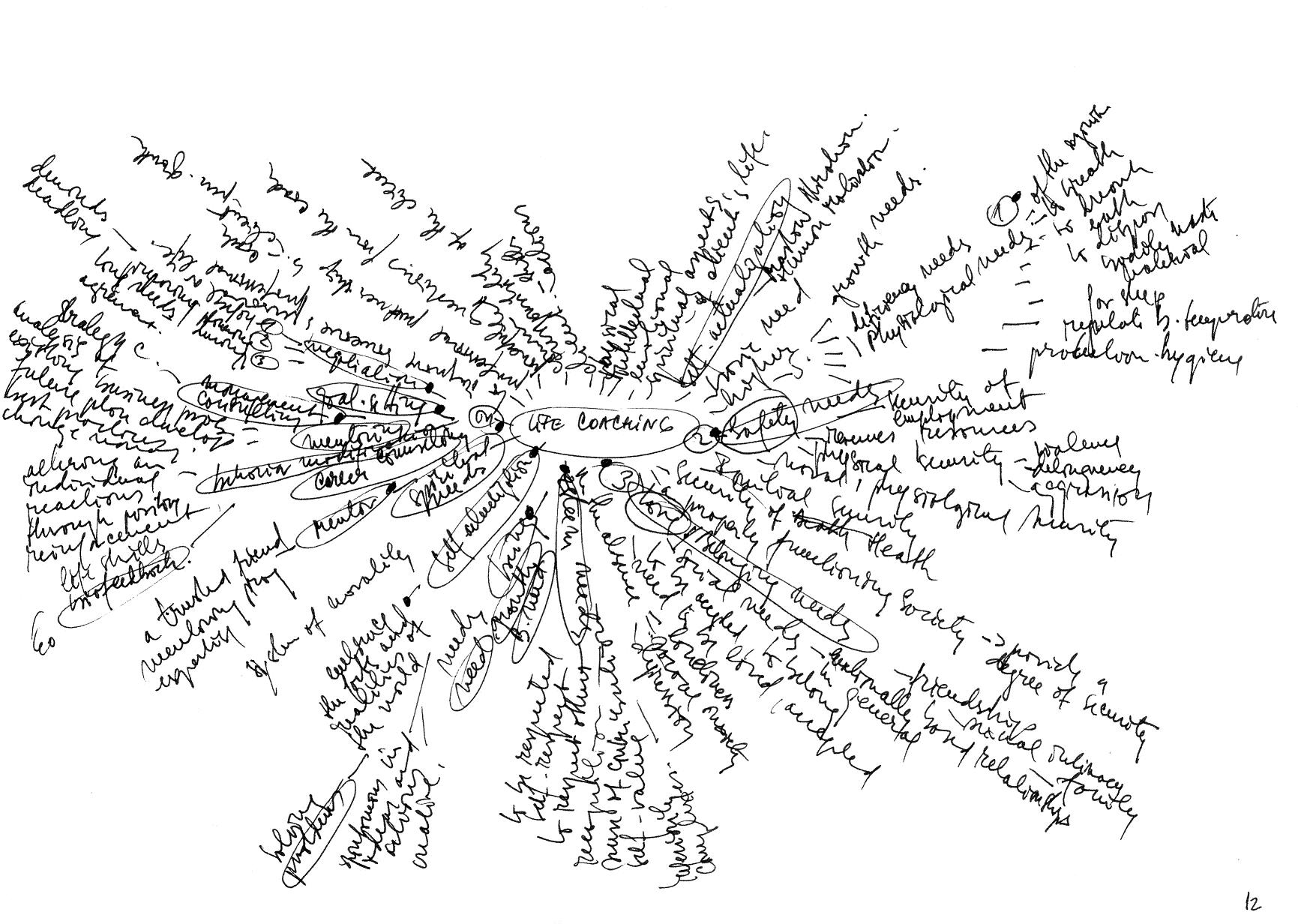
The following series of interviews was conducted by Olga Stefan on the occasion of the exhibition Just Another Brick in the Wall, at Barbara Seiler Gallery, Zurich, December 8, 2011-January 7, 2012 (http://olgaistefan.wordpress.com/2011/12/01/life-coaching/). In conjunction with this exhibition, interviews were conducted with some of the participating artists, including the Bureau for Melodramatic Research (Bucharest), the Center for Visual Introspection (Bucharest), Lia Perjovschi (Sibiu/Bucharest), Club Electro Putere (Craiova), Paradis Garaj (Bucharest), H.arta (Timisoara), as well as with Dan Perjovschi (Sibiu/Bucharest) and Matei Bejenaru (Iasi). Stefan seeks to discover what concrete elements within the existing system are being criticized, and if there are clear solutions or models to be explored for improvement and change.
Just Another Brick in the Wall focused on the different art systems working simultaneously in Romania, a country that is currently seeing a sort of Renaissance in its artistic output. By inviting a diversity of groups to propose projects, including nonprofit organizations, collaboratives, and commercial endeavors, the often exclusivist curatorial process is subverted in favor of a more democratic platform for exploration and collaboration. The exhibition investigated the change in systems in Romania and how artists find their place within them and either adapt or resist.
The show is titled after the Pink Floyd lyric as a double entendre, alluding to the Berlin Wall itself and the change in political systems, but mainly to the idea that cultural workers and artists are also part of a system that they seem to forget and would rather ignore. Therefore, the show featured work about the new systems that are being formed in Romania, alternative or mainstream, and focused on a critical self-analysis. What is each participant’s role in the building of this system, reinforcing its current values, or altering it? What is one’s responsibility vis-à-vis this system, if any? Is alternative really possible or is it a construct that turns into yet another system? These are some of the questions addressed to the artists and artist groups that participated.
Interview with Matei Bejenaru
Matei Bejenaru is an artist, a professor of photography and video, and the founder of both the Periferic Biennial and the Vector Association in Iasi.
Interview with The Center for Visual Introspection
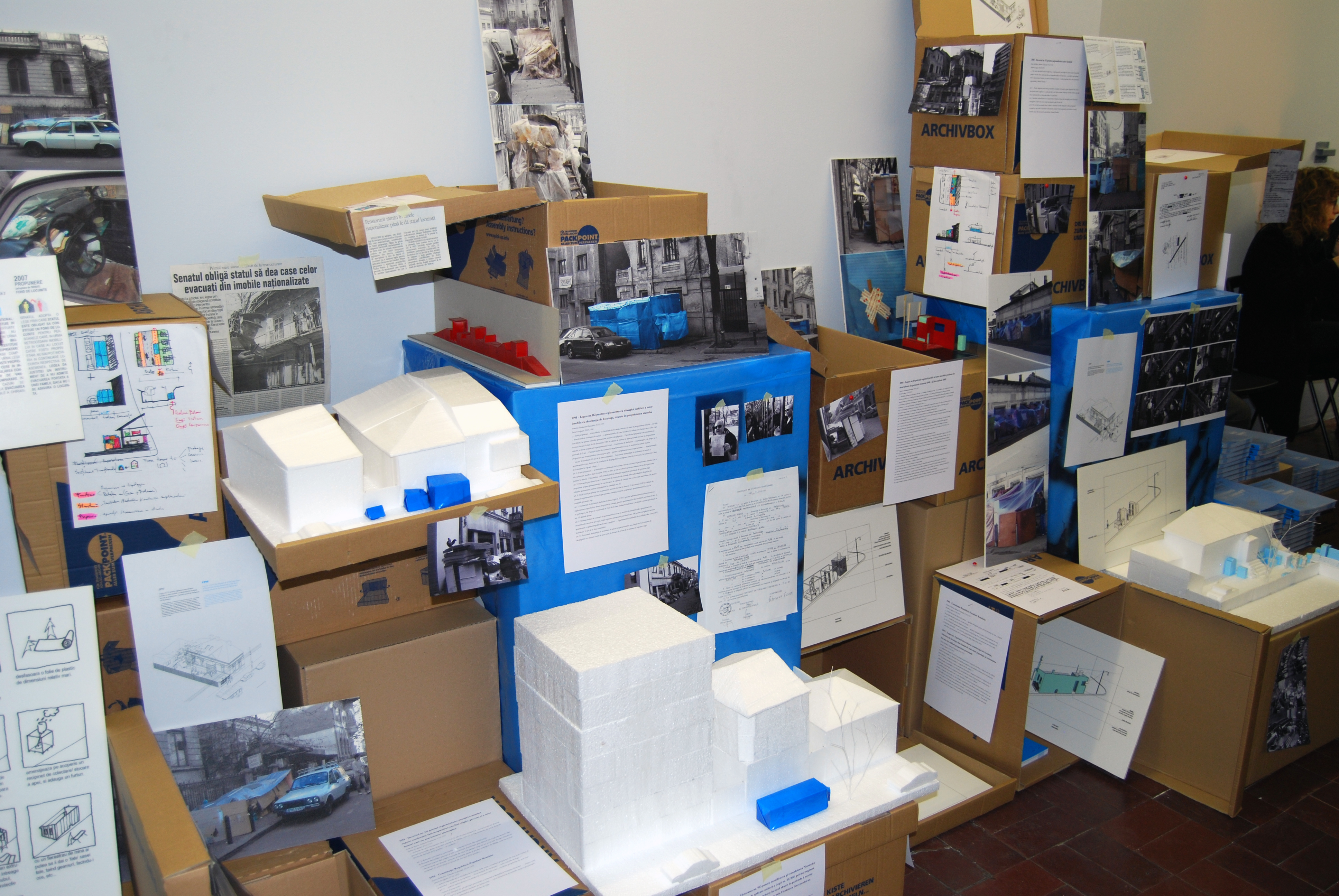
The Center for Visual Introspection, an independent center for research, artistic and theoretical production in Bucharest, was co-founded by Alina Serban, Anca Benera, Arnold Estefan, and Catalin Rulea.
Interview with Dan and Lia Perjovschi
.jpg)
Lia Perjovschi is an artist living and working in Sibiu and Bucharest. Her multidisciplinary practice recovers, collects, and disseminates information that has been inaccessible to Romania until 1989. A highly developed personal archive, Contemporary Art Archive, is formed through objects, diagrams, texts, images and film. She exhibits elements from this archive in different forms as her artistic project.
Dan Perjovschi is an artist, writer, and graphic artist living in Sibiu and Bucharest. Over the past two decades, Perjovschi has created drawings in museums, art centers, and public spaces. The drawings present political commentary in response to current events.
Interview with H.arta
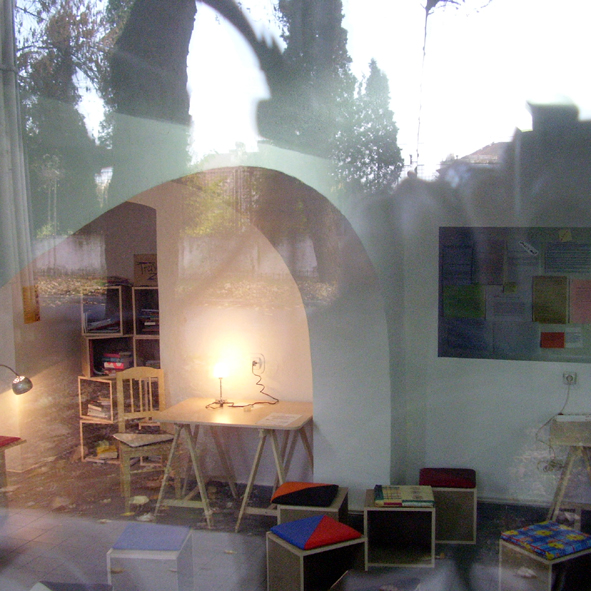
H.arta is a collective founded in 2001 in Timisoara composed of Maria Crista, Anca Gyemant, and Rodica Tache.
Interview with Club Electro Putere
Club Electro Putere (CEP) is a Romanian center for contemporary culture founded in 2009 by Adrian Bojenoiu and Alexandru Niculescu. CEP is located in Craiova in the building where the cultural club of the independent trade union of the Electroputere factory is (the locomotive and high-tension engines founded in 1949). The building was built in the 1970s in order to perform cultural activities for the plant’s working class, functioning at the same time as a control and propaganda platform of the communist party by 1989, the year of revolution.
Interview with Paradis Garaj
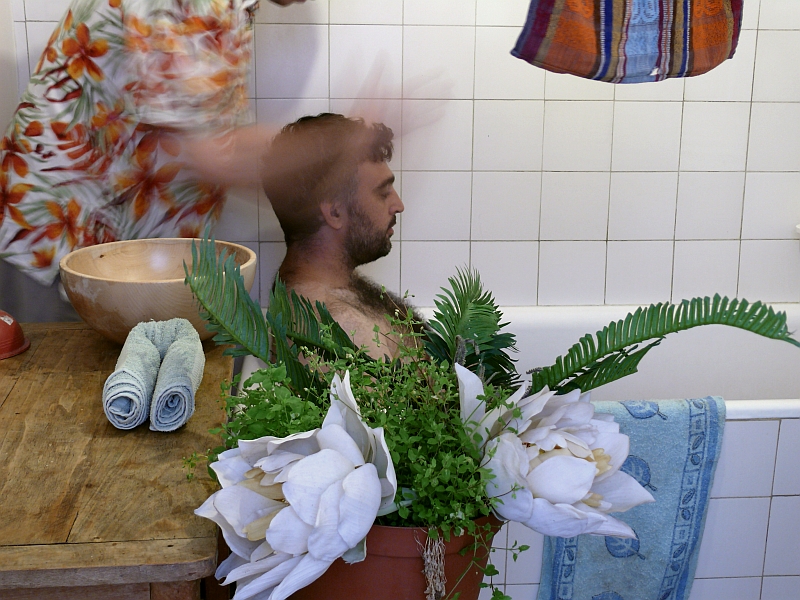
Paradis Garaj is a collaborative project by Stefan Tiron and Claudiu Cobilanschi that took place in a garage in the center of Bucharest. Various events and happenings occurred that subverted the traditional way of viewing art and opened itself to anyone with the slightest curiosity in its program.
Interview with Bureau for Melodramatic Research
The Bureau of Melodramatic Research (BMR) is a dependent institution founded in 2009 in Bucharest by Irina Gheorghe and Alina Popa. Its main strategic goal is to raise the veil laid over melodrama in different social contexts and ensure public free access to the results of the research. BMR is a nonprofit making organization with the general aim of cooperation with institutions in order to reveal the circuit of the sentimental capital which determines social, politic and ultimately economic relations.

